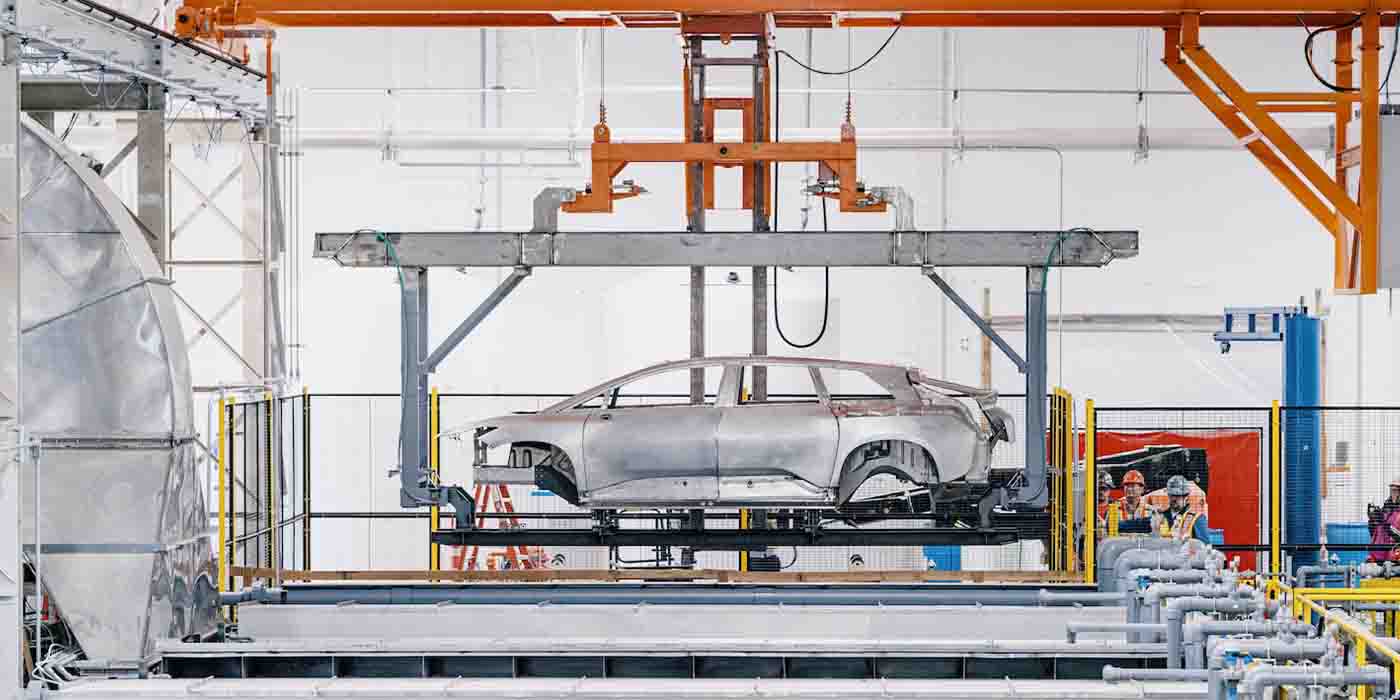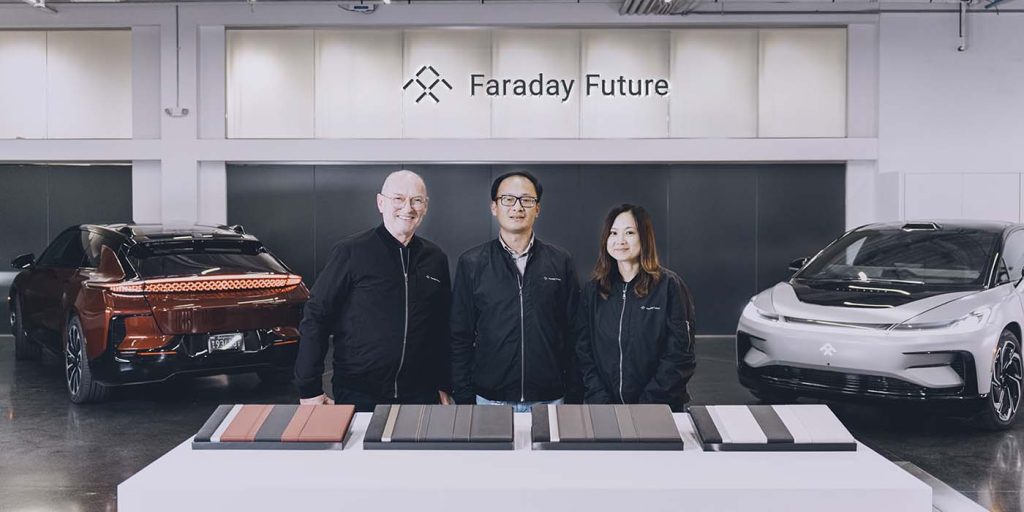
The saga of Faraday Future and its flagship EV, now referred to as the FF91 Futurist, continues. The long-running, almost enigmatic startup has come out today and announced another fresh round of funding to keep the company going. Better yet, Faraday Future is targeting a start of FF91 production in March with deliveries to follow in April. However, a lot still needs to solidify financially before those EVs potentially… finally, roll off of the assembly line.
If you’re engaged at all in the EV world, it would come as a surprise if you haven’t at least heard of Faraday Future ($FFIE). As a California-based EV startup founded all the way back in 2014, FF serves as an exemplar in how not to do business, but also as a confounding symbol of endurance.
We’ve seen dozens and dozens of EV startups rise, stumble, and dissolve into the ether of irrelevance in the time since Faraday Future was founded, and the company continues to fight into year nine of bringing its very first vehicle into production.
This past February, we got a glimpse of the production-intent FF91 Futurist in action, and by August, the startup was expecting deliveries by year’s end. However, an investor dispute quickly sent Faraday Future veering off into more familiar territory off the rails… at least briefly. By September, the dispute was settled, and FF was touting $100 million in additional funding to approach start of production.
That brings us to today. Faraday Future is now claiming to have the acquisition of $150–$170 million of additional capital in the works, on its way to starting FF91 Futurist production in March. But there’s a big asterisk we all need to keep in mind.

Faraday Future aims for March production… maybe?
According to a press release today, Faraday Future is on track to begin production at its “FF ieFactory California” in late March 2023, followed by first customer deliveries in April. All thanks to a huge chunk of capital from existing investors as well as potential new investors. Are you starting to notice some of the distinct verbiage used by FF here?
So far, the EV startup has received a draft of a $30 million binding letter of intent from a current investor, which still requires board approval and “certain conditions including the negotiation and execution of definitive documentation.”
Uh… okay.
But what about the other $110–$140 million? Well, that depends on the timely availability of those funds, which are expected, but not confirmed. The very bottom of the press release paints Faraday Future’s financial situation on its route to production best:
No assurance can be provided that the Company’s ongoing financing discussions with existing and potential new FF investors will result in binding commitments in a timely manner or at all. The Company’s plans with respect to additional funding assume stockholder approval of an authorized share increase by the end of January 2023. The Company intends to file a preliminary proxy statement and pursue stockholder approval of an authorized share increase in the near-term, but no assurance can be provided that such stockholder approval will be obtained in a timely manner or at all.
There it is.
So the $30 million is a draft of binding commitment that is not yet an official document and will be subject to a myriad of measures and conditions, and that’s still Faraday Future’s most concrete financial commitment at this point. Another apparent strategy is also to increase shares of the company, which will again require other people’s approval and is by no means confirmed.
We’re not saying Faraday Future can’t pull this off. If they’ve proven anything in the past decade, it’s that it can survive just about anything. But there’s a difference between eking by and producing. And at this point, given Faraday Future’s rollercoaster of an existence, we will have to physically see the FF91 in production before we actually believe. Let’s hope they continue to prove the world wrong.
FTC: We use income earning auto affiliate links. More.